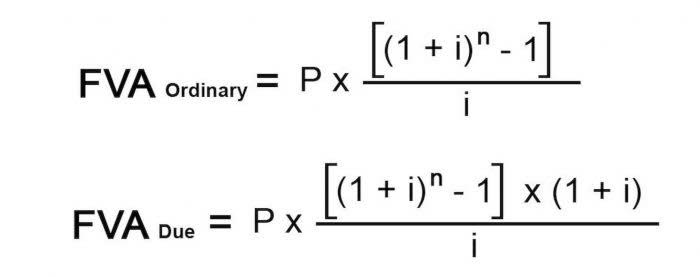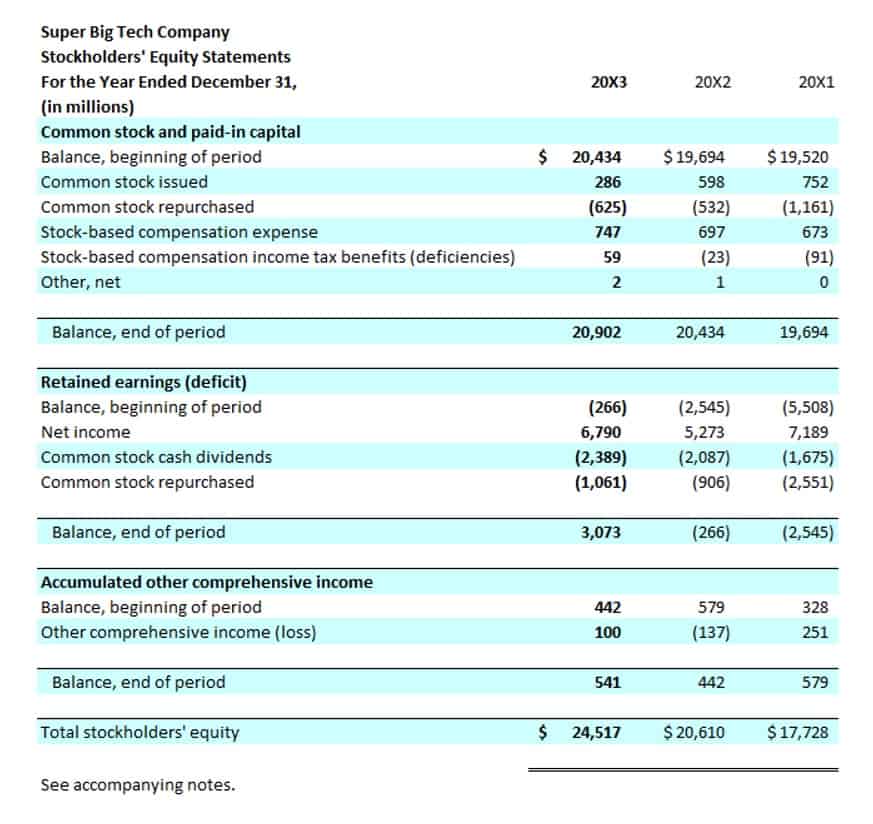
The registration and all subsequent filings are done via a web platform and we are not aware of any technical problems at this time. Also introduced new e-commerce rules on January 1, 2021; these rules will therefore need to be considered for businesses selling to U.K. To ease the administrative burden of businesses having to register in each EU member state where they have customers, there is a new opt-in online One-Stop coffee shop accounting Shop (OSS) VAT reporting and payment system. This means that businesses falling in scope of the new rules are no longer required to VAT register in each of the EU member states of their customers. Remember sometimes it’s easier said than done to keep accurate records when it comes to something as fiddly as VAT on drinks. Using up-to-date software and having watertight processes can help you keep up with tax regulations.
VAT Categories for food and Drink at Cafes
Similarly, the classification of Jaffa cakes also became a subject of intense debate. Since the end of the Brexit transition period on December 31, 2020, when the U.K. And EU e-commerce sellers may have the obligation to appoint VAT fiscal representatives for their nonresident VAT returns. Business registering for VAT in the EU for the OSS or IOSS, depending on where it registers for VAT, may need to appoint a fiscal representative. The six-month delay was proposed by the European Commission as a result of the Covid-19 pandemic. However, as explained above, certain countries did not feel their digital infrastructure would be ready in time.
Next steps: Prioritise accounting to make your café a success

Let’s say you sell a sandwich and a pack of potato crisps for a combined takeaway meal deal price of £3.50. You can split the price between different supplies – a process known as apportionment. And you should try to work out the tax value of each part of the combined product. Takeaway food that requires further preparation by the customer, such as reheating or assembling, is usually eligible for zero-rated VAT. Cafes have the option to voluntarily register for VAT even if their turnover falls below the mandatory threshold.
How to benefit from lower VAT rates on coffee – using VAT OSS!
This test confirms that food that is kept hot after being cooked, heated or reheated is standard- rated. In practice, this will mainly affect products that are kept warm in heated cabinets (for example under heat lamps), on spits, in hot water or on hot shelves or trays. It will also include any products kept warm in cooling down ovens or other appliances that slow down rate of cooling. You can do this on the basis of cost or market values as explained in the VAT guide (VAT Notice 700). Care provided in a hospital or other statutorily registered institution is exempt from VAT. This exemption includes the supply by such institutions of prepared food and drink directly to their patients in the course of care.
- Nevertheless, numerous exceptions exist within VAT regulations, and not all items that require additional preparation by the customer will be automatically zero-rated.
- There are lots of POS systems, but these are the three that our clients use at the moment.
- There are a number of types of drinks which do not fall within the definition of a beverage.
- All hot beverages and any drinks, including zero-rated drinks sold for consumption on your premises are standard-rated (or temporarily reduced rated).
- You may have heard the terms taxable goods and supplies thrown around when it comes to VAT on drinks.
- You only or mostly sell zero-rated products, like coffee beans or bread.
- There’s added complexity where customers can order a mix of standard and zero-rated items.
- Choosing to register can allow cafes to reclaim VAT on their business-related purchases, which can be financially beneficial.
- This test confirms that food or drink that is kept hot after being cooked, heated or reheated is standard-rated (or temporarily reduced rated).
- Even in places where coffee is blended into the national identity, the tax treatment is no different from other goods and services.
“With the furlough scheme winding down, staff costs are also likely to impact the sector more in the second half of 2021. Emma Ball, partner at Alexander & Co Chartered Accountants, specialises in working with restaurant and café owners. A good EPOS should also supply you with real-time information to support faster business decisions. State-of-the-art software can also integrate with bank accounts, and EPOS, stock, and rota management tools and systems. These perks mean you can spend more time perfecting your coffees and sandwiches, creating menus, and developing your business.
Learn more about Bloomberg Tax or Log In to keep reading:
All references in this notice to ‘temporarily reduced rate’ or ‘temporary reduced rate’ are to supplies made between 15 July 2020 and 31 March 2022. Single sales transactions – made up https://www.bookstime.com/ of items with different VAT rates – are usually called mixed supplies for VAT. As long as it’s consumed away from your premises, iced coffee, iced tea, and milkshakes are zero rated.
Lower VAT rates on coffee under VAT OSS in selected EU countries – summary
Keep reading to discover the specific VAT rate of the drink you have in mind and the taxation laws around it. VAT on drinks is confusing, to say the least, with things like the temperature, location and the ingredients (yes, for real) of the product itself affecting taxation laws and tax implications. These articles and related content is the property of The Sage Group plc or its contractors or its licensors (“Sage”). Please do not copy, reproduce, modify, distribute or disburse without express consent from Sage.These articles and related content is provided as a general guidance for informational purposes only. Accordingly, Sage does not provide advice per the information included. These articles and related content is not a substitute for the guidance of a lawyer (and especially for questions related to GDPR), tax, or compliance professional.
What are taxable goods and taxable supplies?

Alternatively, there are a number of companies which offer global fiscal representation as part of their services. For electronic interfaces making supplies of goods both under and over the 150-euro threshold, they may be a deemed supplier for some supplies and not others. This can be difficult to monitor and also result in customers having a different experience depending on how much they spend. For both the OSS and IOSS, businesses should keep records of all eligible sales and/or sales facilitated over 10 years. Simplification measures for distance sales of imported goods in consignments not exceeding 150 euros have also been introduced from July 1, 2021 where the IOSS is not used. The Covid-19 pandemic has caused a further shift in consumer behavior and the use of e-commerce and online marketplaces is expected to increase following this shift, both in terms of revenue and number of users.
- So it’s worth reviewing your sales system to identify items that can be zero rated.
- Such packaging is not considered a separate supply unless it falls within one of the categories listed.
- But they’re provided to customers in specially designed (foil lined) bags designed to prevent leakage of fluids and grease from the chicken.
- This test confirms that takeaway food that is advertised or marketed in a way that indicates that it is supplied hot is standard-rated.
- But who knows – maybe you’ve found a niche catering to business parties.
- More information about these products can be found in paragraph 4.6.1 of this guidance.
- Exemptions and reduced rates for food products are not uncommon and are a key part of ensuring VAT doesn’t adversely affect vulnerable groups.
5 If you provide a microwave oven for your customers to use
Many software packages enable a better flow of information from the café to your accountant and back, allowing better analysis of data, in real time. This section deals in detail with one of the two main issues covered by Note (3) to Group 1 namely ‘hot food’. Certain supplies of education, training and research are exempt from VAT. Where an educational institution provides exempt education to its own pupils and students, then the supply of catering they make is also exempt.
How VAT is applied to drinks
However, as an exception to the normal rule, certain products containing only small quantities of standard-rated items may be treated as a single zero-rated supply. Mixtures and assortments containing both standard-rated and zero-rated items are mixed supplies for VAT purposes. As a general rule you will therefore need to work out the tax value of each part of the mixture or assortment in order to calculate how much tax is due. If you’re not the person who linked the goods — for example, you are a wholesaler or retailer who received them already linked as a package — you may be unsure whether these conditions have been met.